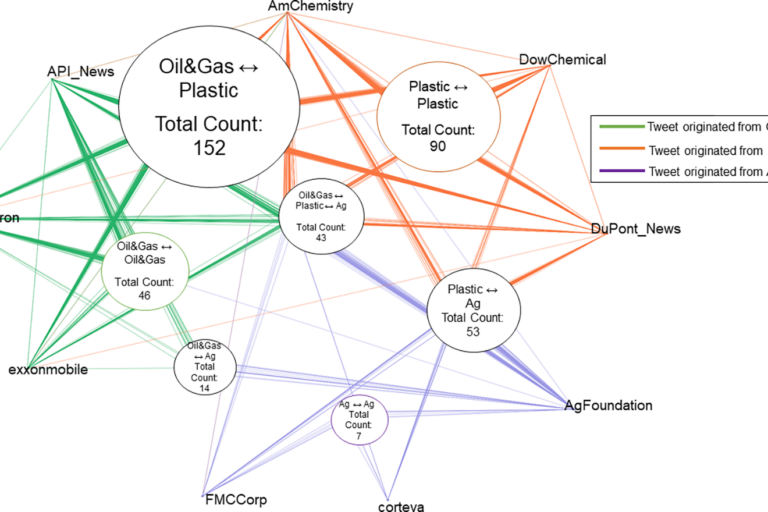Behind the Screens: How Big Industry Manipulates Climate Conversation on Social Media

A groundbreaking study has uncovered a troubling web of interconnection between three major fossil fuel-dependent industries: oil and gas, plastics, and agrichemicals. These sectors share more than just a common foundation—they are actively collaborating to undermine climate change awareness and obstruct meaningful environmental action.
At the heart of this revelation is a critical insight: all three industries are fundamentally powered by the same resource—fossil fuels. The largest energy corporations, primarily focused on oil and gas production, are strategically leveraging social media platforms to spread misinformation and sow doubt about climate change.
By utilizing sophisticated digital communication strategies, these industries are working in concert to delay critical environmental reforms and protect their economic interests. Their coordinated approach involves creating doubt, challenging scientific consensus, and presenting misleading narratives that minimize the urgent need for sustainable transformation.
The study highlights how these interconnected sectors are not just passive participants, but active architects of climate change denial, using sophisticated communication tactics to maintain their economic dominance and resist global efforts to transition to cleaner energy alternatives.

